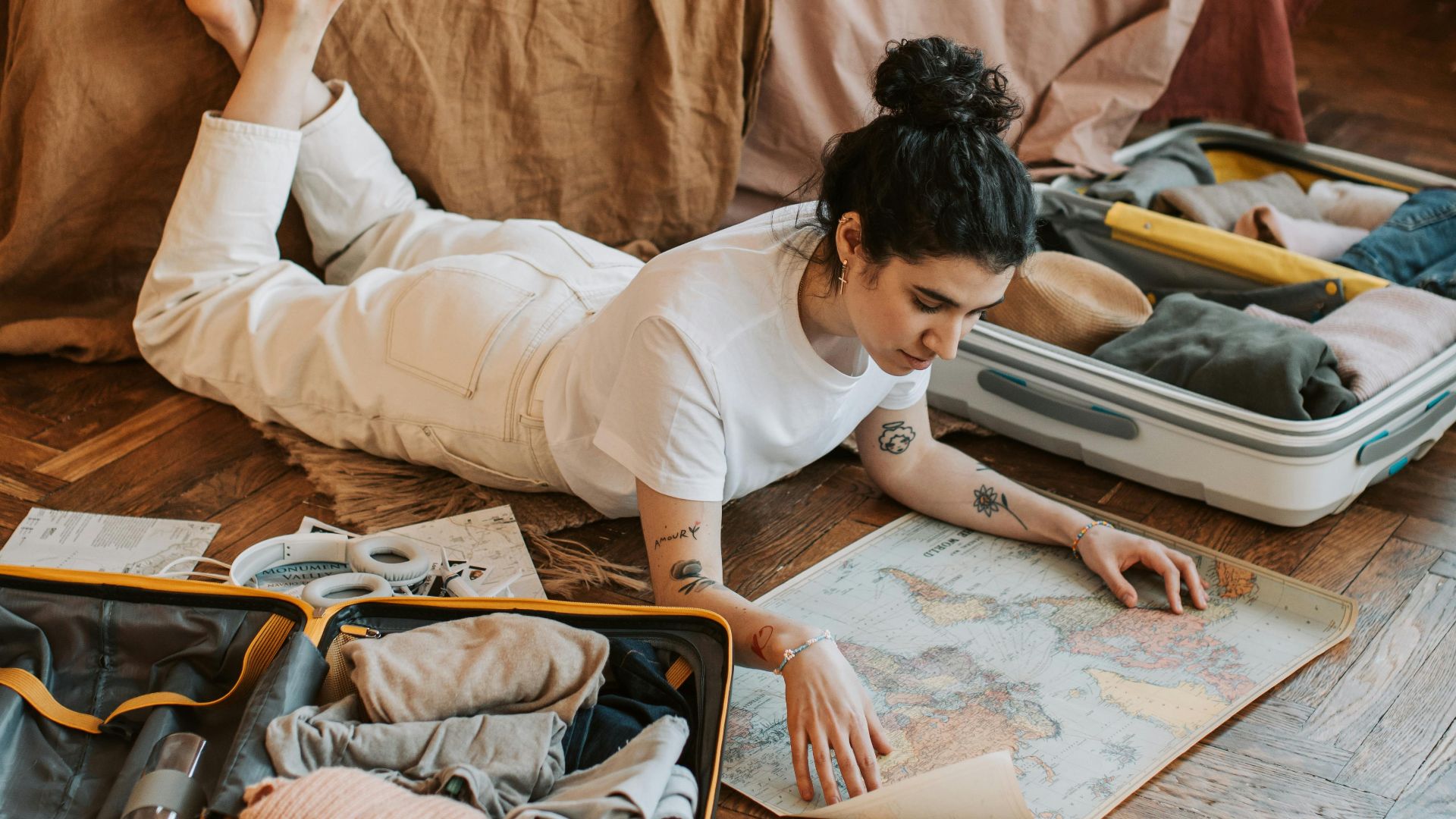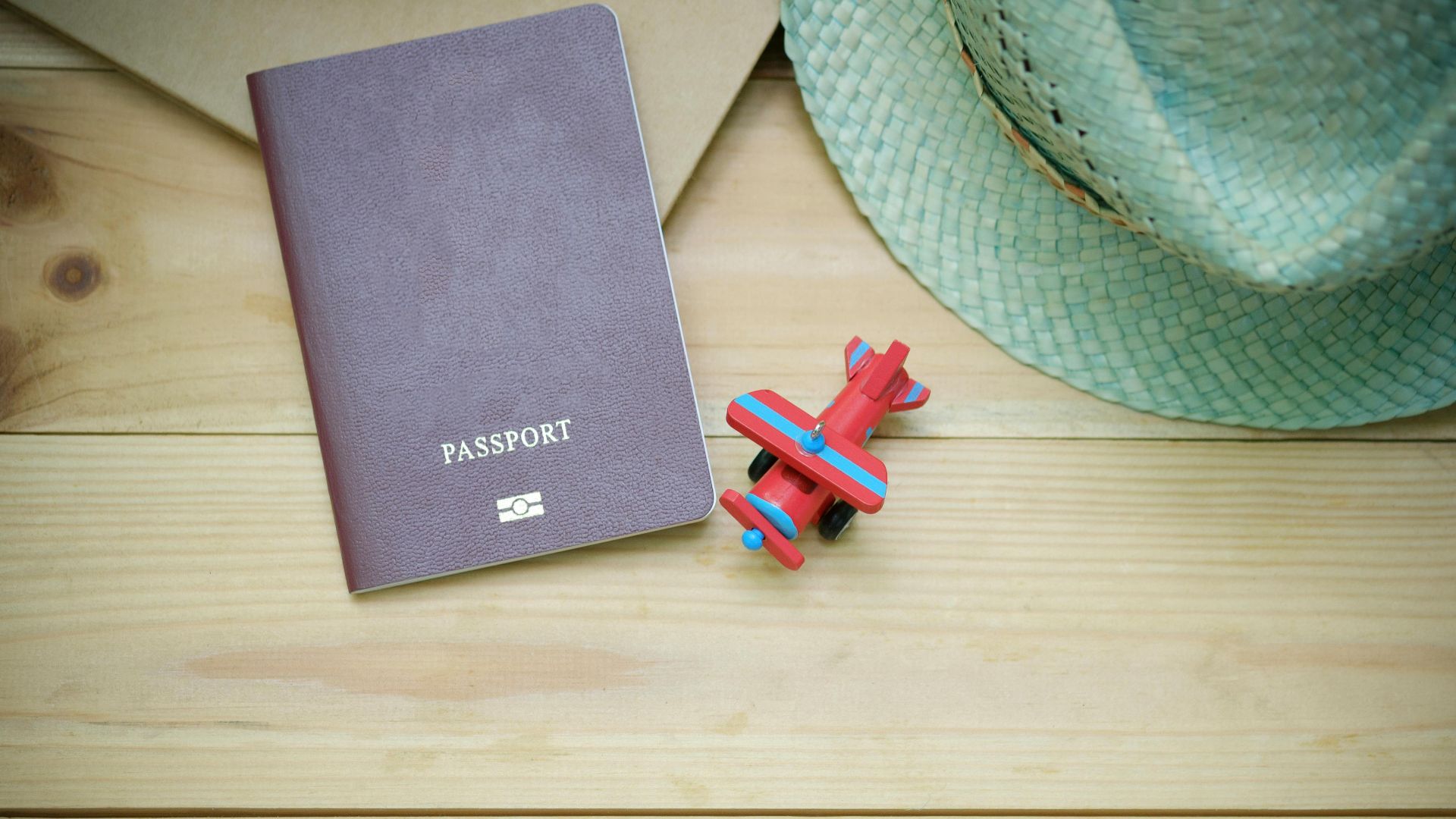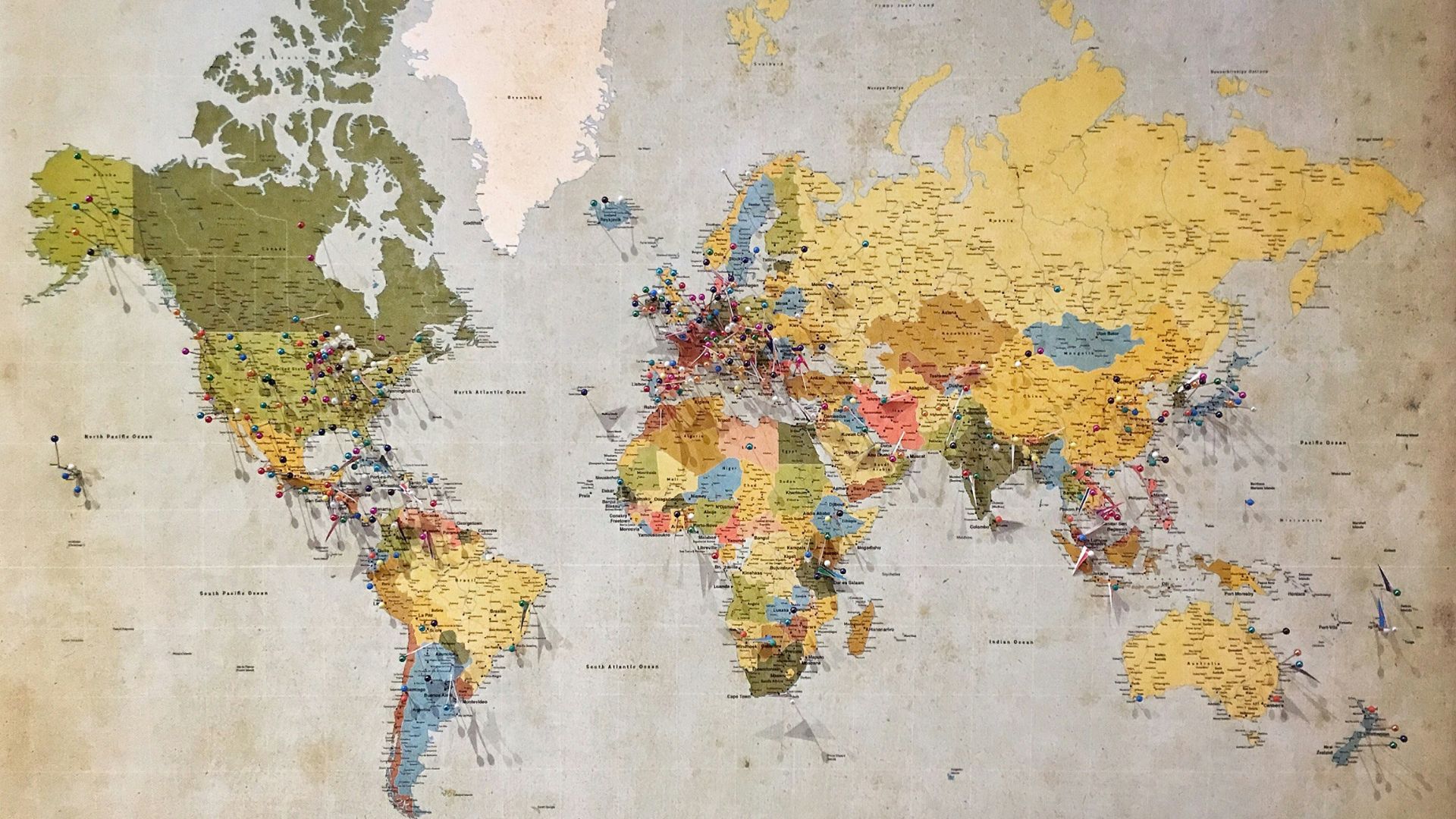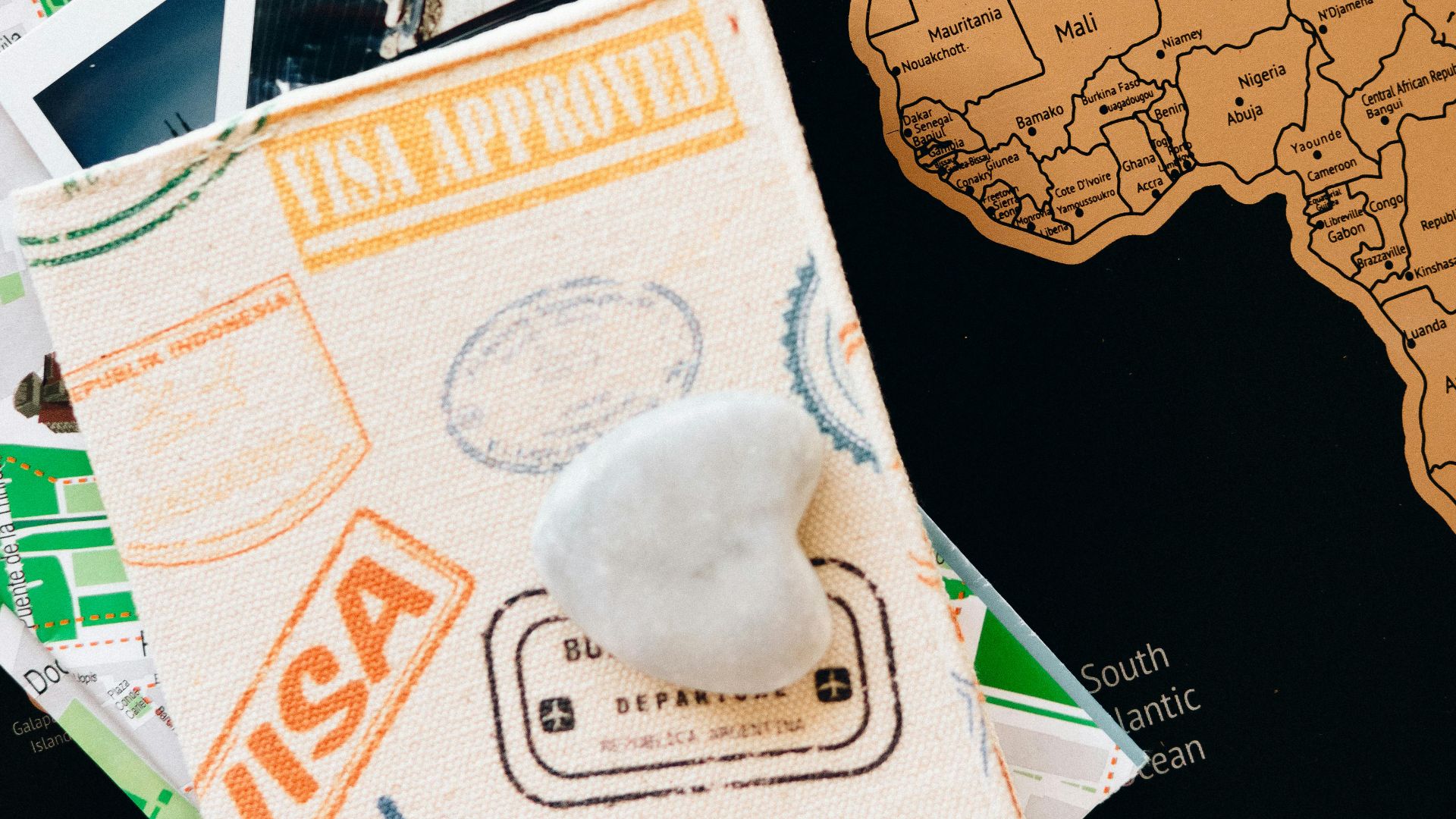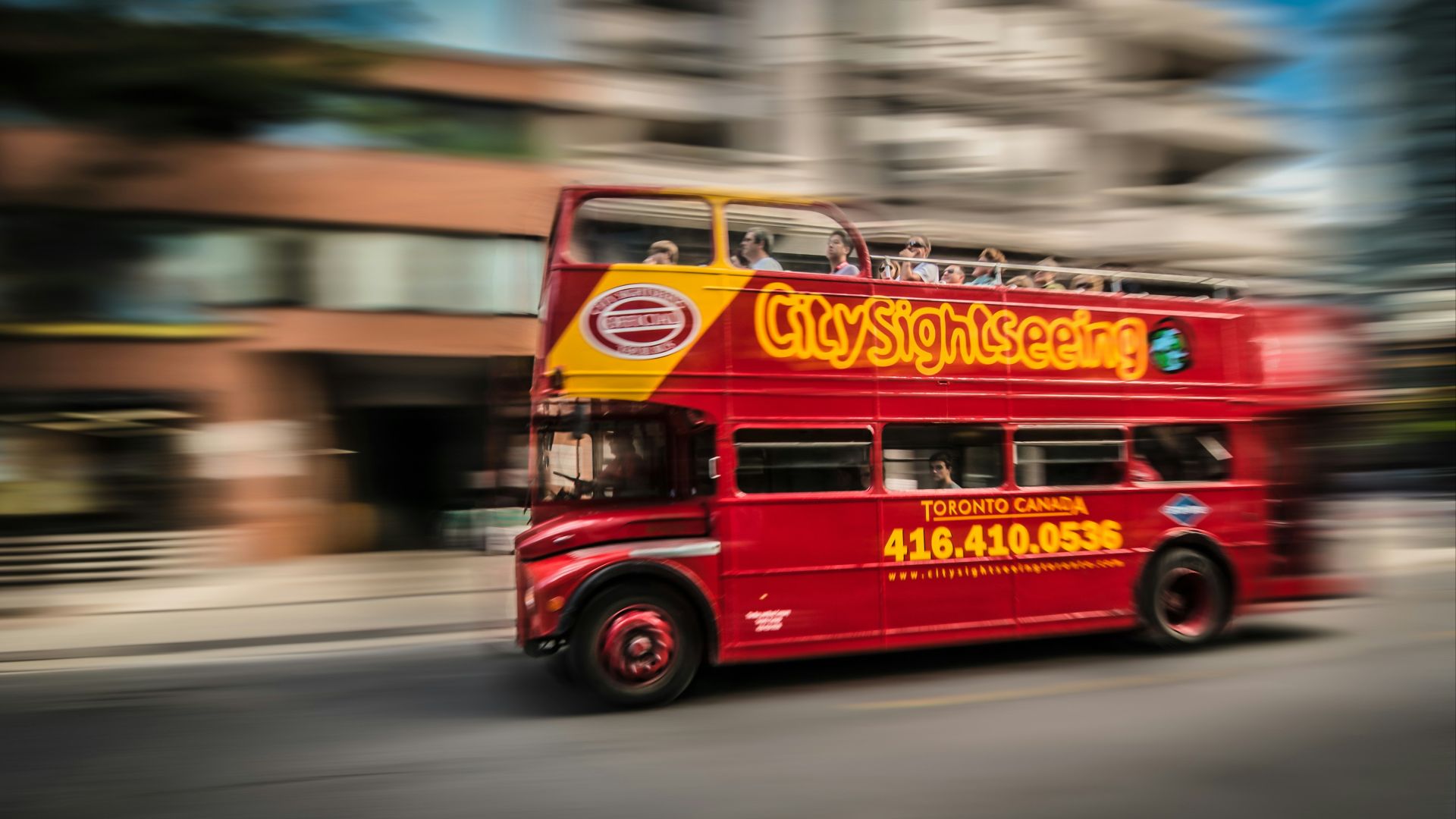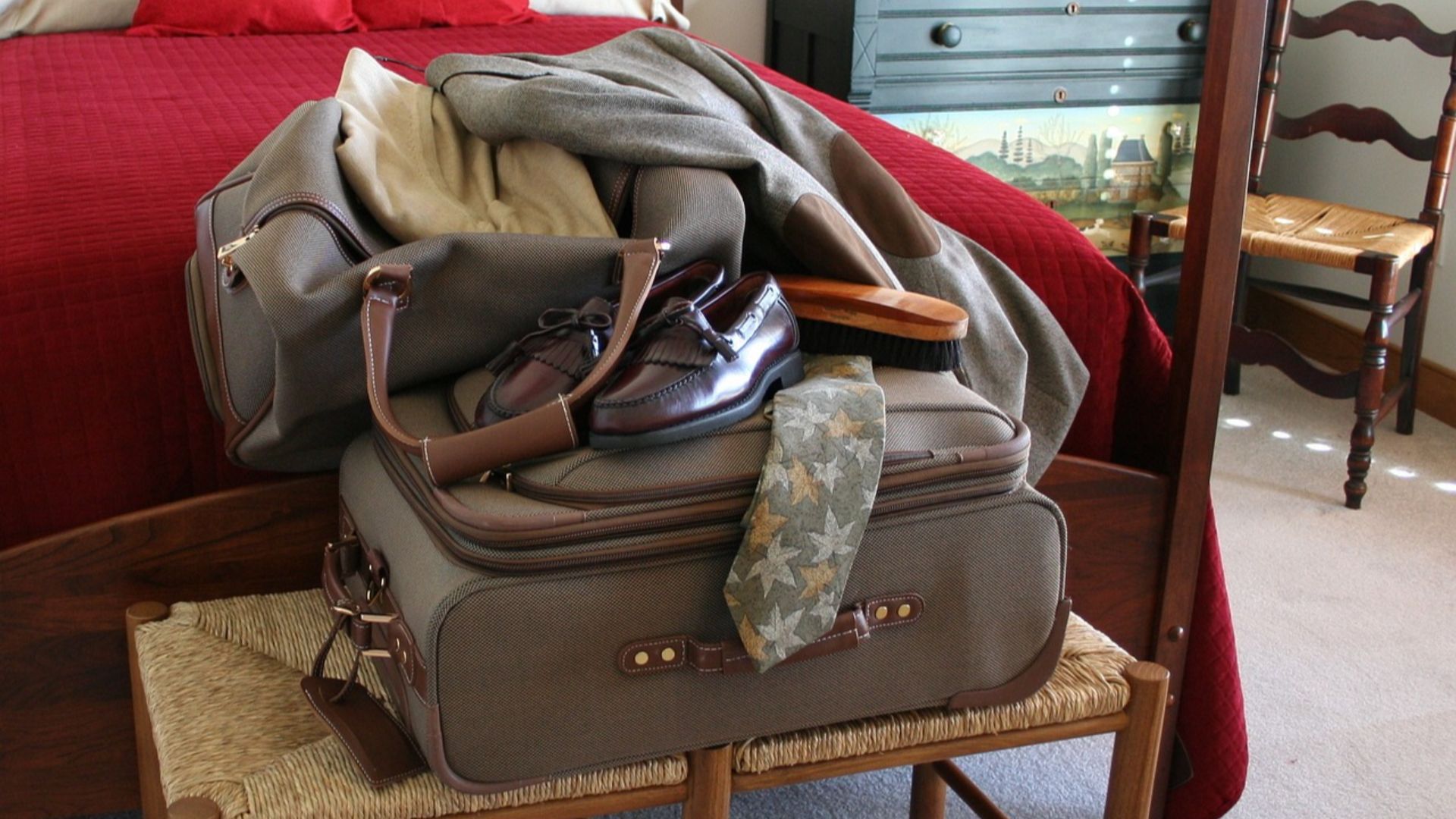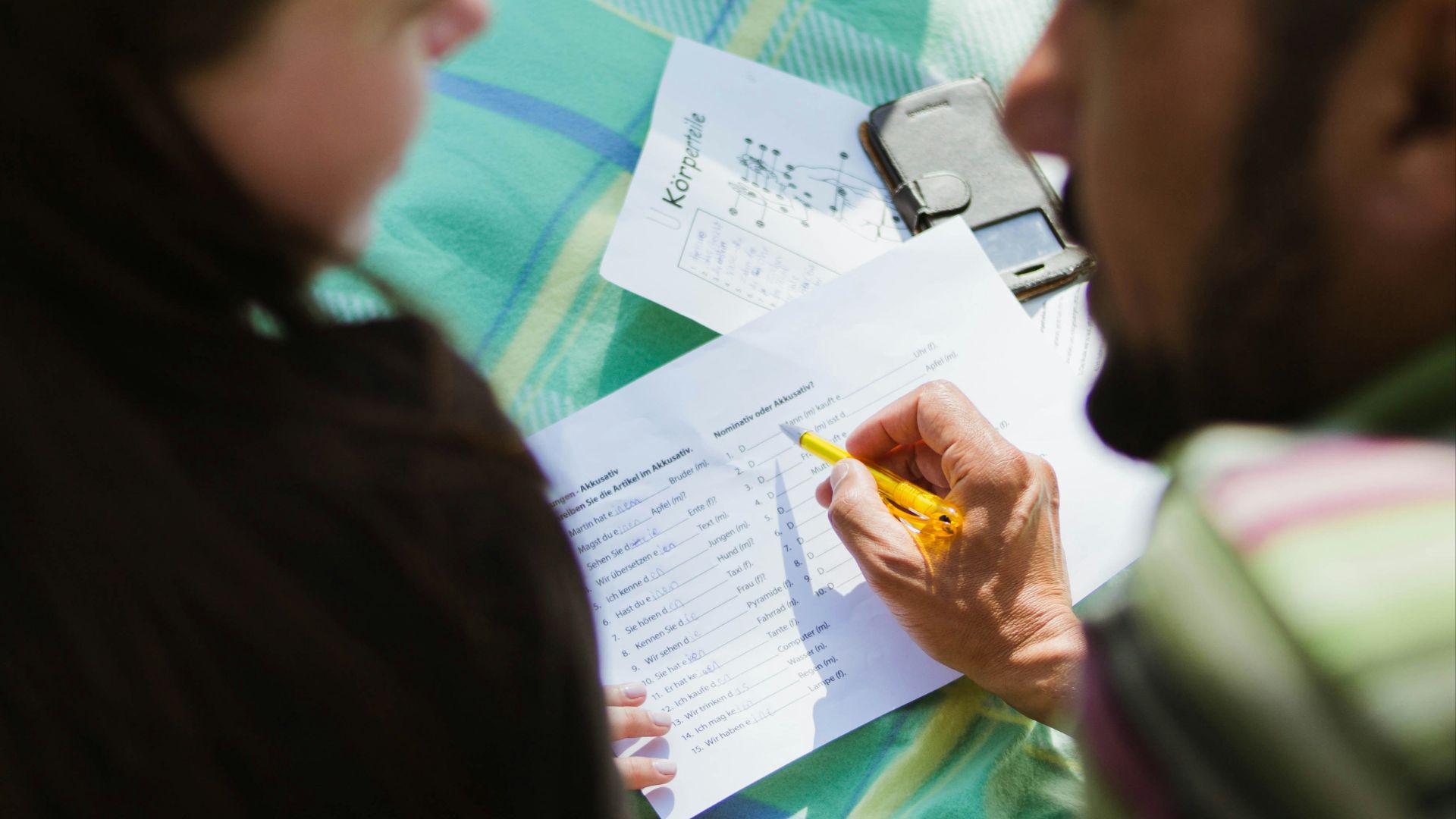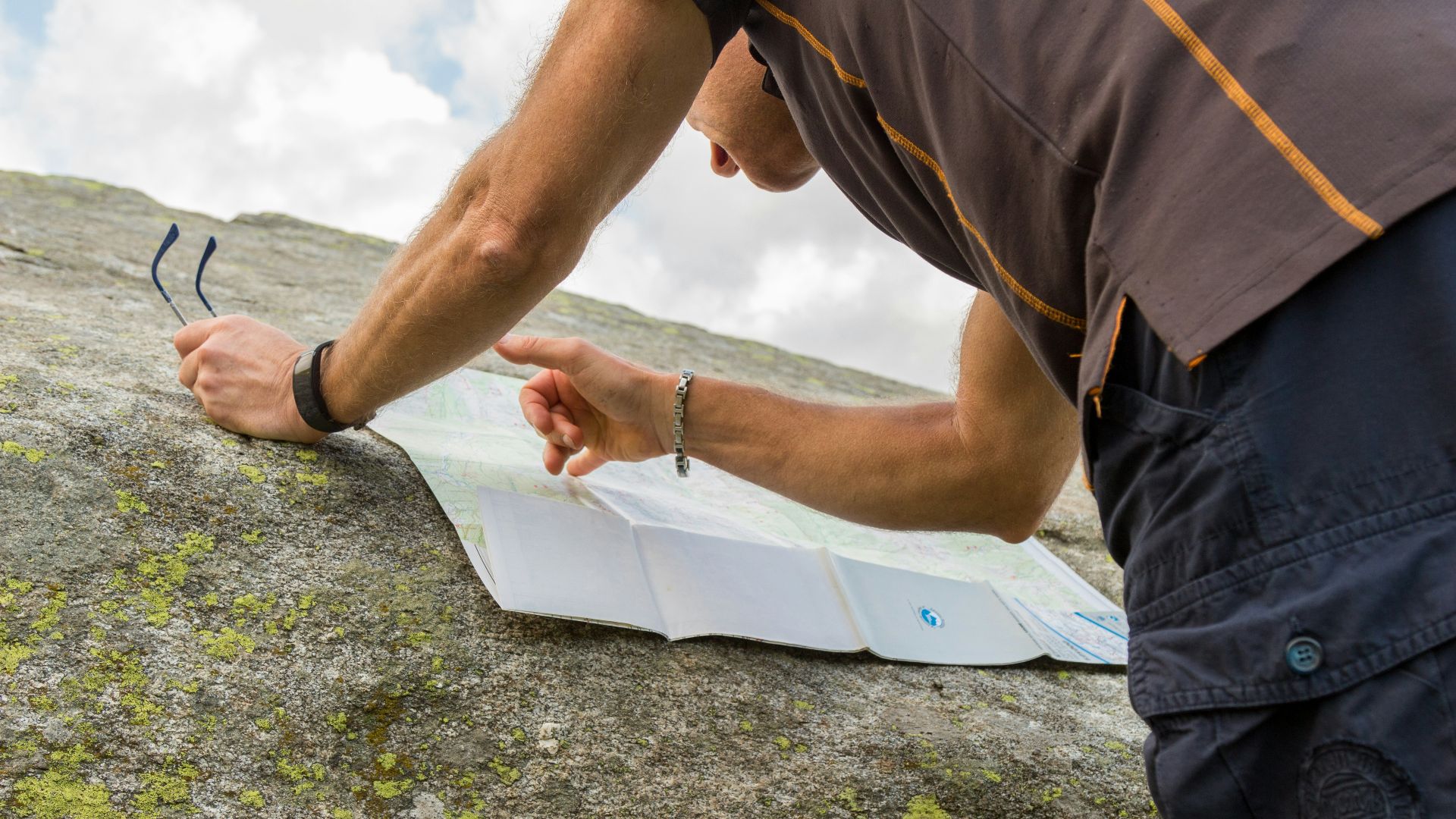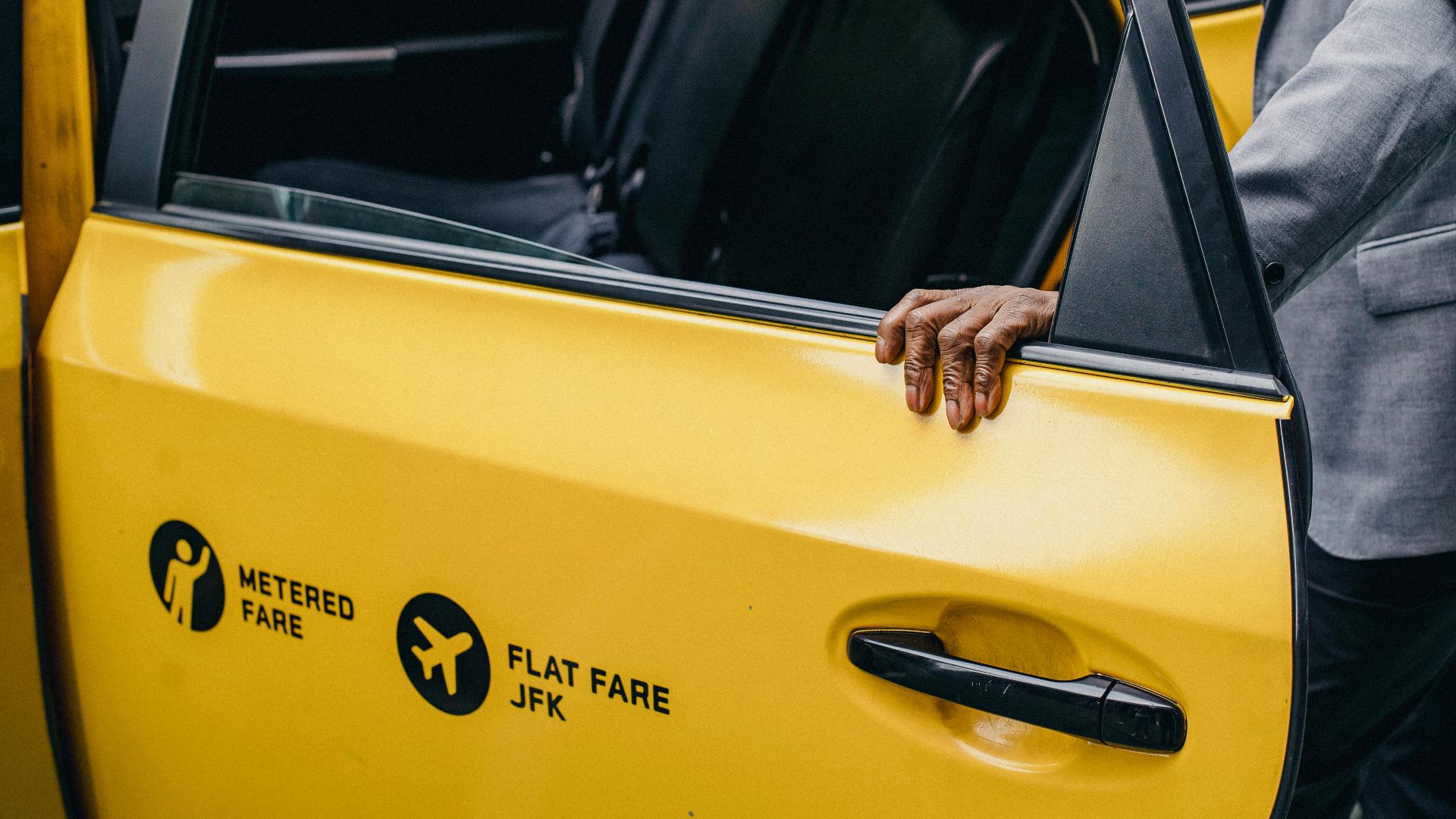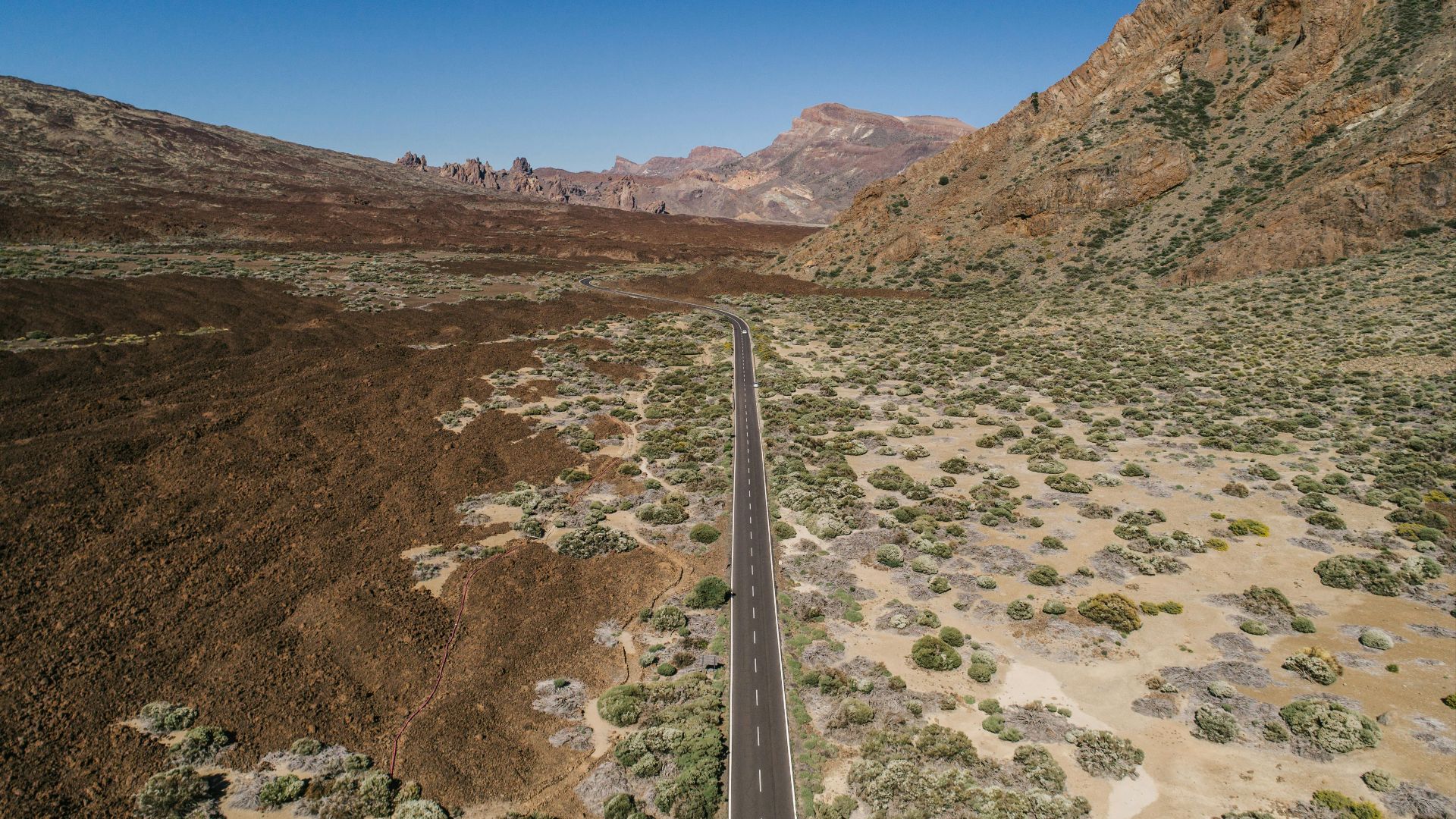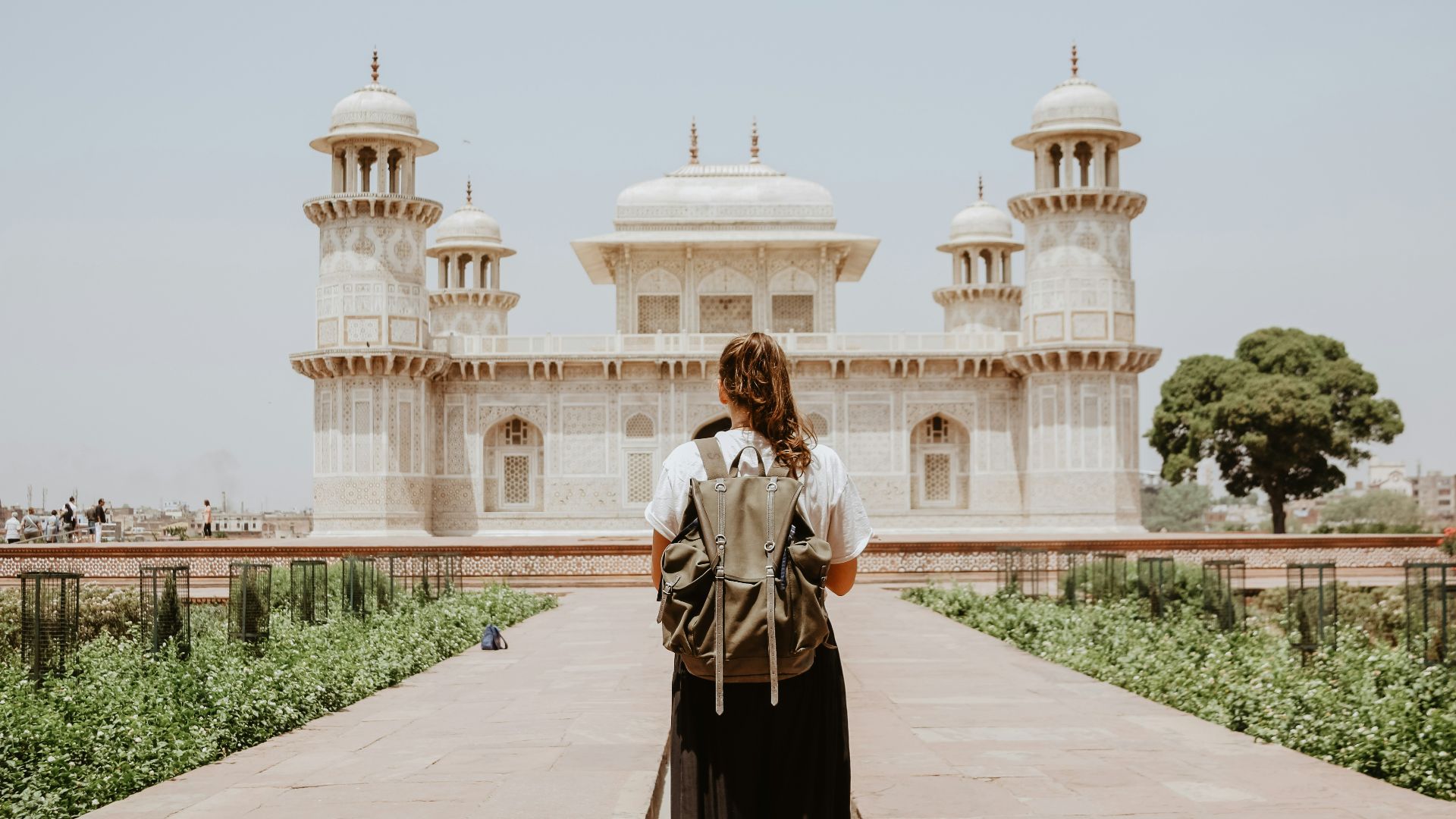Easy Planning For Your Next Trip
It’s time to book your vacation but where do you start? Every destination will vary, but most itineraries can follow the same guidelines. From time frames and seasons to research and packing, here are tips and tricks for planning any trip:
1. Check Your Passport!
It’s always good practice to double-check your passport’s validations. Different rules apply in various countries, and you may need to apply for some sort of visa or stamp beforehand. Make sure your passport doesn’t expire while you plan to be away and that there are enough blank spaces on the pages.
2. Destination Decision
Your bucket list of destinations might be long but there are factors to consider to help you choose where to wander next. Things to consider include the season, time length, cost, and the type of experience you’re looking for. Whether you want a relaxing beach vacation, an adventurous camping trek, or a vibrant city hop, these desires will narrow down your destination options.
3. Do A Little Research
It’s always a smart idea to do a little research about your destination choice, even if you want to leave some of it up for a surprise. It’ll be beneficial to know about the must-see attractions, where the tourist traps are, what languages are spoken, the country’s laws and regulations, and the currency used. Recommendations from people you know are always encouraged too.
4. Set A Budget
Womp womp–– setting a budget sounds like we’re taking the fun out of your trip planning but it can do the opposite. You may be surprised how much you can afford to do or what your priorities actually are. You’ll find out about the cost of living when you do your research about your destination do get an idea of how much cash you’ll need. The main things to consider are transportation, accommodation, sightseeing, and meals.
5. Consider Your Travel Dates
If you have a fixed timeline then you’ll have to choose your destination based on that time frame but if your travel dates are flexible, there are still factors to consider. Do you want to be there during the high season? What’s the climate like that time of year? Are there events, holidays, or festivals happening that you want to be there for or completely avoid? All these possibilities will affect your trip in terms of prices, restrictions, and availability.
6. Travel Insurance
It’s another boring and costly part of trip planning but organizing your travel insurance in advance is highly recommended. You want to make sure you’re covered so you can focus only on enjoying your trip while you’re away. Depending on the activities and locations you plan on exploring will affect the type of coverage you want to consider. It’s not part of your plans to get sick or injured but always get insurance, you never know what could happen.
7. Find Out The Country Requirements
Different countries will have various requirements for travelers such as vaccinations, specific insurance, or visas. All of these requirements need to be planned for in advance, sometimes even weeks ahead of your departure.
8. Choose Your Mode Of Transportation
Of course, where you’re going will determine what mode of transportation you need to book but you might have a few choices. If you’re flying, it’s best to look up flights as early as possible. Even if you don’t book right away you can sign up for price drop alerts or check if there are any package deals with accommodations. Don’t grab the cheapest option–– make sure you know if luggage is included or if you can fly non-stop for just a little bit more.
9. Book Some Accommodations
You don’t have to book every accommodation upfront, especially in case plans change, but a good tip is to have your first place booked so have somewhere to go as soon as you arrive. If you plan on jumping to many locations, you may want to consider booking your top places in advance to guarantee availability before you get there.
10. Book Some Activities
Don’t have every day and every hour planned out but book a few of your must-do activities to lock them in and spread them out. You can pick and choose other activities once you’re there in real life and can get a better idea of what you want to see and do.
11. Pack Smart
If packing light is difficult for you here’s a trick: Pile everything you wish you could bring in your suitcase and then begin the elimination process. Once you see there’s too much to carry, you can start prioritizing what’s needed and what you can take out. Know all the possible weather conditions, cultural clothing restrictions, and types of activities you’ll be doing. Make a packing list so you don’t forget any essentials.
12. Learn The Language
You don’t need to become fluent before you head on your two-week trip but knowing some basic words to get around would be smart and appreciated by locals. Download a translation app on your phone and pack a pocketbook for times when there’s no service or wifi.
13. Learn The Culture
You should know a bit about the culture you’ll be immersing yourself in to benefit yourself and the locals. You don’t want to appear ignorant by ignoring local customs and etiquette. Research the cuisine and daily activities to find out what you want to try.
14. Make Copies
It’s best to have copies of your passport, insurance, and bookings saved on your phone, and in your email or online platform you can access from any device. You should also have hard copies at home as another safety measure. If you’re not in the hotel’s system or you lose your passport, having copies becomes very important in these situations.
15. Don’t Over Plan!
The best advice might seem contradictory but don’t plan too much! You should leave room for spontaneity and travel disruptions. Some of the best times you have will be unplanned or due to a late bus or a flight cancelation. Have your essentials booked in advance but give yourself some wiggle room without solid plans.
16. Know Where You Are
It’s all part of the adventure to get lost sometimes but in some cases, you don’t want to look stuck and vulnerable. It’s always a good idea to download offline maps on your phone so you can use the app when you have no service. A good old-fashioned paper map could come in handy when technology lets you down. The front desks of hotels, shops, and tourist attractions are good places to ask for directions.
17. Don’t Get Scammed!
Find out the prices of things like transportation and tourist attractions before you go so you don’t get scammed. You might hop in a taxi and they charge you triple the price or someone might offer you a faulty train ticket or a non-existent tour. You’ll know what red flags to look out for if you read about your destination beforehand.
18. Recommendations Are Key
Find out if you know anyone who has traveled or lived where you are going and ask them questions. The best recommendations are usually given by those with hands-on experience who you can trust or relate to their interests. If you don’t know anyone, reviews are key! Read the reviews before booking accommodations, tour guides, or attractions.
19. Take The Road Less Travelled
Sure, you might want to explore a destination because of its world-famous landmark but sometimes the lesser-known places or the local “holes in the wall” will give you the best and most authentic experiences. If you want to escape the crowds or truly immerse yourself in a community, try taking the off-beaten path away from the top tourist hubs.
20. Have A Day Pack
If you’re going to splurge on anything, make it a well-designed travel bag. A comfortable, conveniently sized bag or backpack will make a bigger impact on your travel experience than you know. You want something light but big enough to carry a few essentials while you’re out exploring for the day. Save yourself from discomfort and bring a bag that suits your travel needs.


